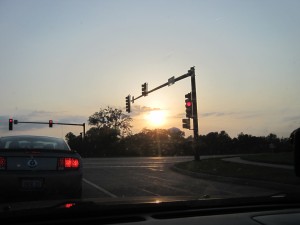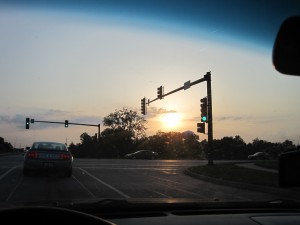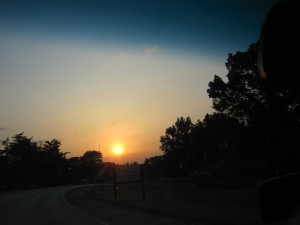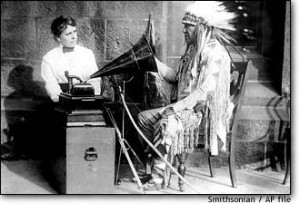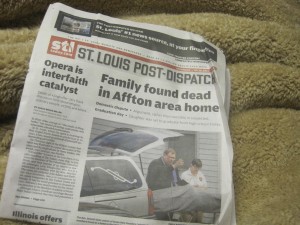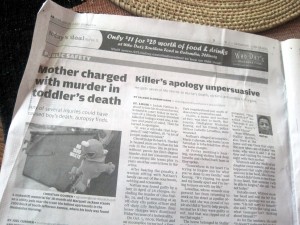This recent post on my colleague Clarissa’s blog on migrations and the kind of immigrants/grad students that we find in the US raises interesting perspectives. The post she wrote and the one she referenced both talk about the two extremes of being migrant students/travellers in the US: they either completely or extremely assimilate (sometimes even more fervently than already settled natives), or refuse to assimilate at all, living in the host country only in the flesh, and keeping their minds fixated only with things from home. Both extremes are unsustainable but we have all at one point or the other met people who leaned more to either side of the continuum.
Does it have to do with age, education, gender or religion? I can’t tell, but one very endearing characteristics of Czeslaw Milosz’s Visions from San Francisco Bay to me was the very removed but well situated (beautifully written) reflections on life in Poland as observed from California where the author had chosen to settle after a career lasting very many years. It was in the interaction of his fossilized Polish cultural personality with the new and dynamic of the American West Coast that the beautiful book of reflections emerged, and one is grateful for it. I suspect that the extent (and more importantly, progression) of the immigrant’s insularity on the continuum of eventual assimilation will determine the extent of creative conflict that might turn out to delight in form of essays and literary reflections. And surely, age does add a very interesting dynamic.
By the end of our teenage years, we are all usually well situated in our cultural surroundings to be able to thrive with it in a foreign country. The result of the melange of attitudes and interactions from then on determines much of how one’s adult life in a foreign country eventually plays out, and much of it is also fuelled by attitude. For a second here, I return to the short moments at the end of Wole Soyinka’s Ake and V.S. Naipaul’s Miguel Street where the young impressionable men leave their home surroundings for the very first time. Insularity ends, and the real world lessons begin. There might be something to be learnt in comparing the thought progression, attitudes and output of the three writers through the prism of their travel experiences, and more importantly, exposure. And time.

